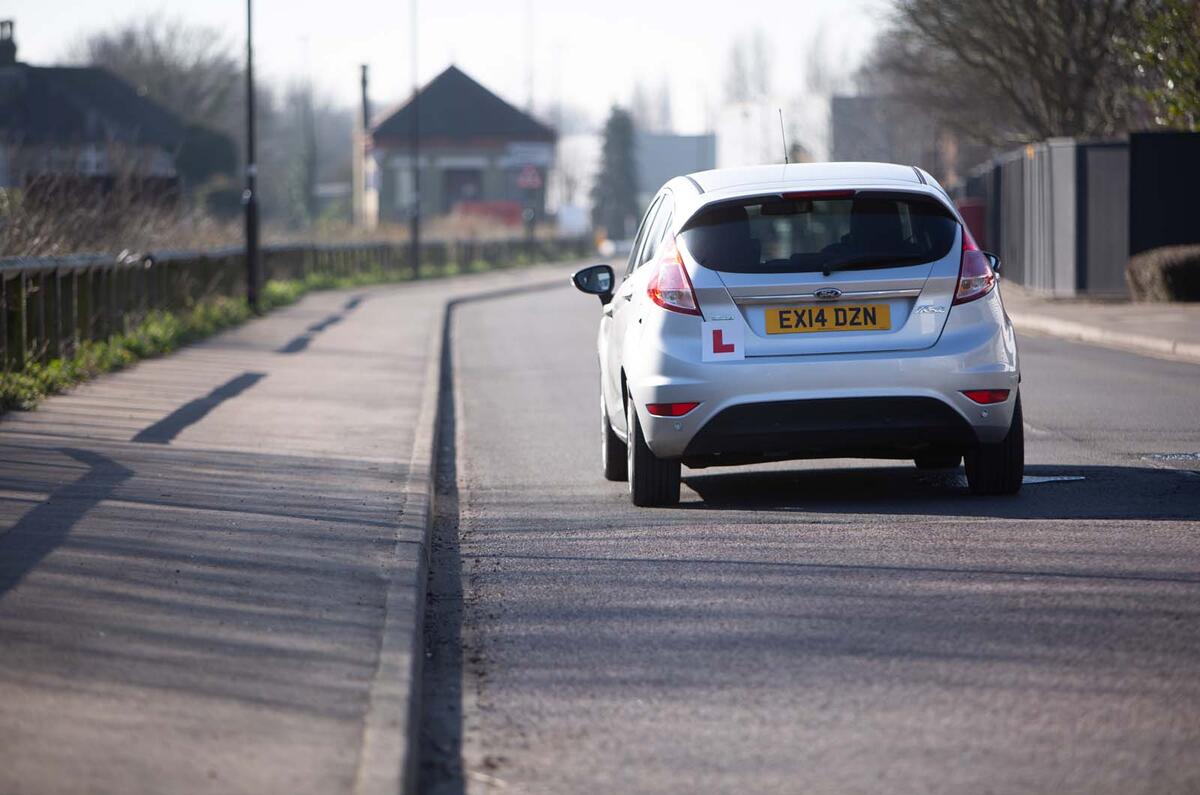A new graduated licence system in the UK could ban new drivers from the road at night as the Government seeks to improve road safety.
The system, which the Department for Transport (DfT) says is being considered by ministers, would impose more stringent restrictions upon newly qualified drivers in an effort to reduce the number of crashes on Britain’s roads.
Figures suggest that one in five drivers have a crash within a year of passing their driving test. The DfT claims a ban on driving at night (when conditions are more challenging), as well as a statutory minimum learning period and a passenger age limit, could help to reduce this figure.
It remains unclear how long after passing one's test the restrictions would be in place. Current legislation means new drivers are automatically banned after accumulating six points in their first two years on the road, as opposed to the usual 12 points.
Similar schemes are already in place in parts of the US, New Zealand, Australia and Sweden. In California, for example, learner drivers must undergo 10 hours of night-time training and be accompanied by a guardian no younger than 25 until completion of the first of three mandated ‘steps’.
Nicholas Lyes, head of roads policy for the RAC, backed the proposals, saying: “Young drivers sadly are overrepresented in road traffic collisions so we welcome plans to improve their safety. Graduated driver licensing has the benefit of providing a more controlled environment when learning how to drive.”
Despite offering support to the plans, Lyes suggested any new law must not inhibit young people’s job prospects, arguing that it “must be balanced so it does not disadvantage young drivers who need to use vehicles for night work”.
The proposed scheme forms part of the DfT’s road safety action plan, which will be published in full later this week.
Road Safety Minister Michael Ellis said: “We want to explore in greater detail how graduated driver licensing, or aspects of it, can help new drivers to stay safe and reduce the number of people killed or injured on our roads.”
The most significant recent change to the driver qualification process came in 2017, when students’ ability to operate and follow a sat-nav became a central part of the driving test.
Read more
What's the best car for learner drivers?
How Autocar writers would fix Britain's roads and transport
Department for Transport plans tyre age limit for large vehicles








Join the debate
Add your comment
Unenforceable
As has been pointed out, not every new driver is a 17 year old "tearaway", and those that are will not on the V5 or main driver on the insurance.
This has not been thought through at all.
oh do shut up
Last time i tried to post links on here the comment never got posted... so "using your favourite search engine"... search for "uk vehicle crash statistics", look for a result from researchbriefings parliment uk, after having a quick read of that click on "jump to full report" and have a look at that. Specifically the graph showng "Casualty and fatality rates per billion passenger miles by user type: GB 2016". Cars; 262 casualties, 2 fatalities. That changes to 1863 and 35.4 if you decide to be a pedestrian instead. Where's the walking ban? The worst, at 6321 casualties and 104.5 fatalities, is motorcycles, which never appear to get mentioned in any conversation! Congestion problems? Parking problems? Promote bikes? nope!
Real World
Sadly the people that make these laws all live in urban areas and work 9 to 5 jobs. So clearly not driving at night is fine. Why would a young Scottish farm labourer possibly need to drive in the dark winter. They can just get the tube right?